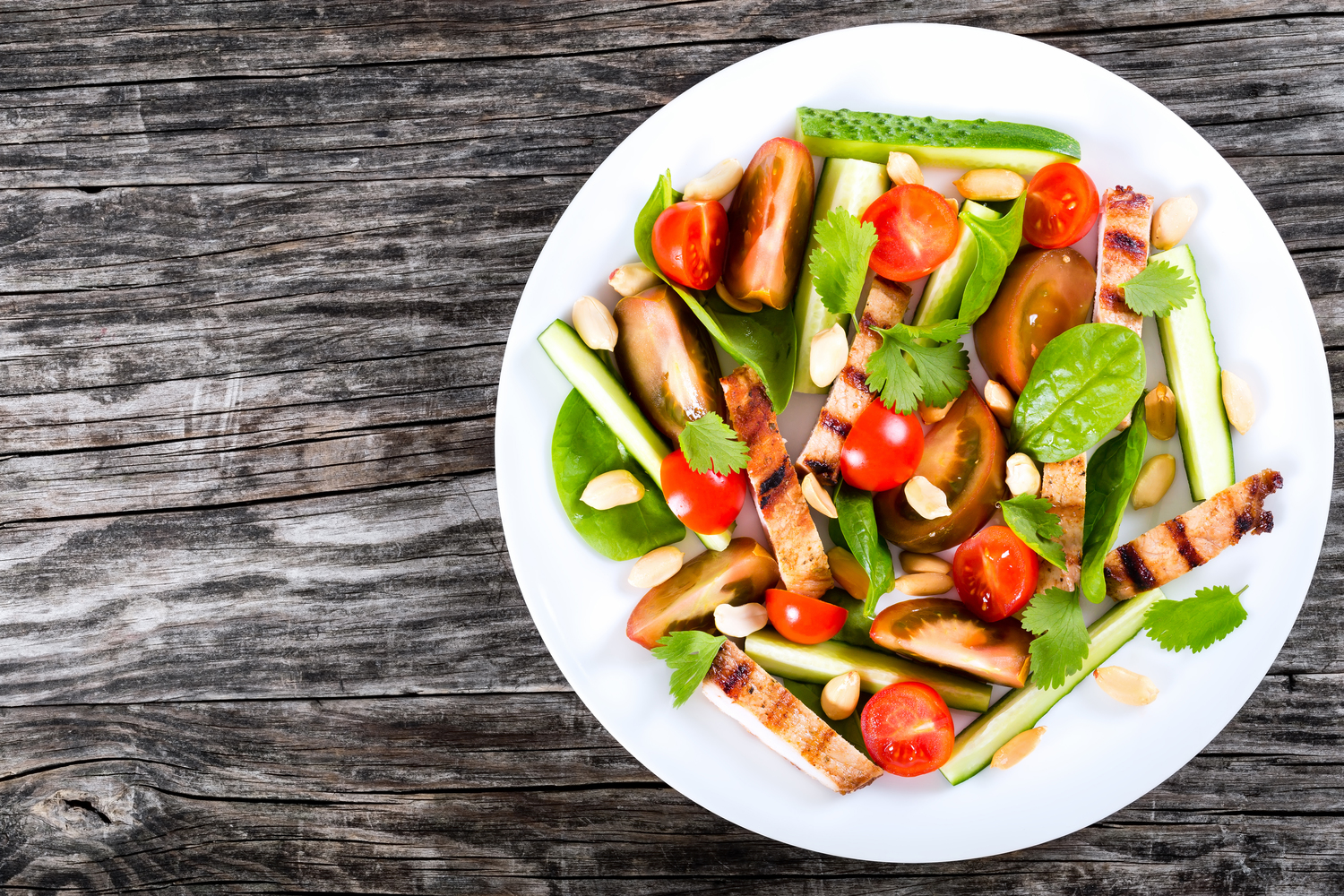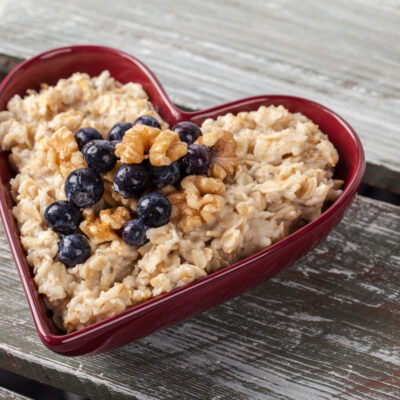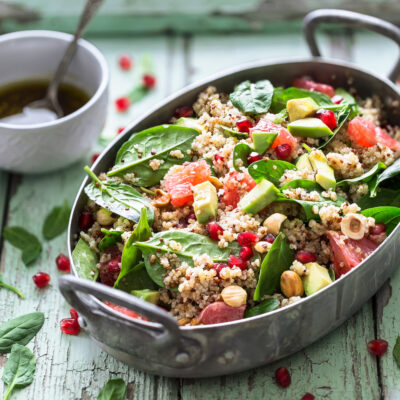
Nutrition And Lifestyle When Suffering From Hepatitis B
Hepatitis B is a disease of the liver, so it is important to take care of this organ. You can take many steps to lessen the damage of the virus. You must treat your body well and provide it with adequate nutrition. Being overweight or obese increases the risk of liver damage.
Nutrition tips:
Choose your carbohydrates wisely
Carbohydrates fuel the body. There are two types of carbohydrates: simple and complex. Simple carbs are also called empty calories, as the body metabolizes these quickly as they are made of simple sugar called glucose. Starchy, low fiber foods like white rice, potatoes, and pasta fall into this category. Complex carbs, on the other hand, take longer to metabolize and are considered healthier. Minimally processed, non-white foods such as beans, whole grains, brown rice, oatmeal, barley, and quinoa are some of the higher quality carbs. Avoid simple carbs as they are a strain on the liver.
Fructose-free sweets
Avoid foods containing fructose as the sugar can raise triglycerides, create insulin resistance, and cause fatty liver disease. Instead, opt for sweets and desserts that are lower in fructose. If you have hepatitis B, limit added sugar to less than 10 percent of calories per day. Avoid fruit juice concentrates, high-fructose corn syrup, honey, molasses, and maple syrup.
Load up on fruits and vegetables
People with hepatitis B should prioritize their diet to include more fresh fruits and vegetables. Fruits and vegetables are a high source of vitamins and minerals, powerful antioxidants, and anti-inflammatory foods. They produce sugars that can be easily absorbed by the body. If you have sweet cravings, opt for fruits instead of other sweets. Sugar present in fruits are easily digested by the liver. They are also filled with fiber and other nutrients which are beneficial for the liver.
Proteins
Focus on foods high in protein, as it is essential to repair and replace damaged tissues in the body. Opt for lean meats, fish, beans, eggs, nuts, seeds, milk, yogurt, and cheese. Avoid red meat, as they are a strain on the liver.
If you have any liver disease, you are prone to malnourishment that can cause significant weight loss. It is very important to get enough calories. These calories should come from the best possible sources.
It is advisable to consult your doctor and dietitian and add in foods from various food groups based on your health condition, weight, stage of disease, and medication. Sometimes, you may be prescribed nutritional pills to overcome any deficiency. Consume regular small meals instead of large ones as you can eat more and load your organs less by giving it the time to digest food.


